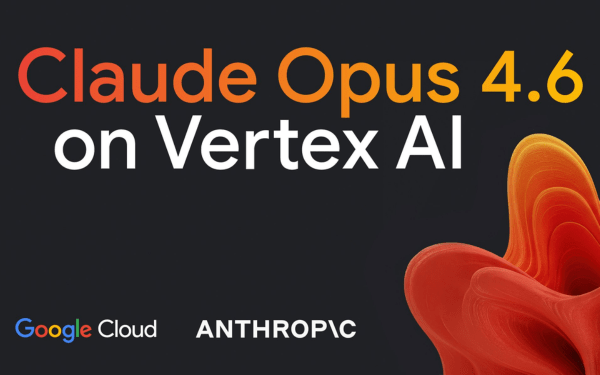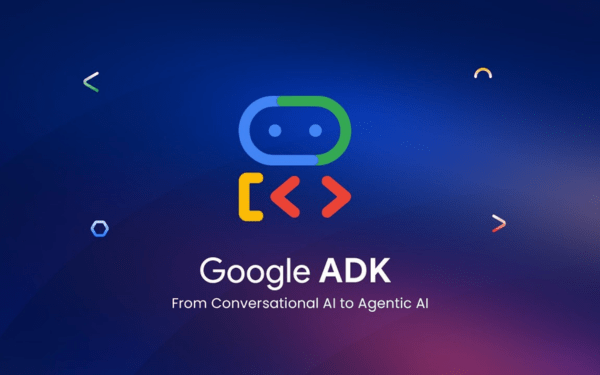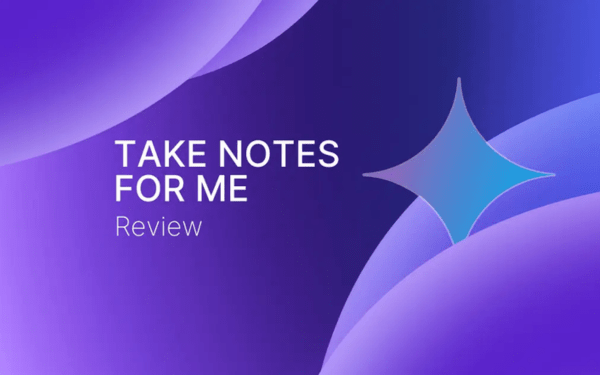Tại Google Cloud, Google cam kết cung cấp cho khách hàng sự lựa chọn hàng…
What is Google Cloud Platform? Applications of GCP for business
Cloud computing seems to be becoming a trend in the era of digital technology explosion and businesses are required to learn and make the transformation to be able to compete and adapt to market and social changes. festival. In particular, Google Cloud Platform joins the game as a tool, an effective weapon to support businesses on the transformation path.
What is Google Cloud Platform?
Google Cloud Platform abbreviated as (GCP) is Google's cloud computing platform that allows businesses to build and develop applications on the same system that Google is using for their products such as Google Search, Google Workspace customers, YouTube, Google Maps API…
GCP provides a full range of services needed to support businesses from planning, building, developing applications to optimizing and managing systems. As a result, businesses only need to focus on application deployment without having to spend money and human resources on building and managing the underlying infrastructure system.
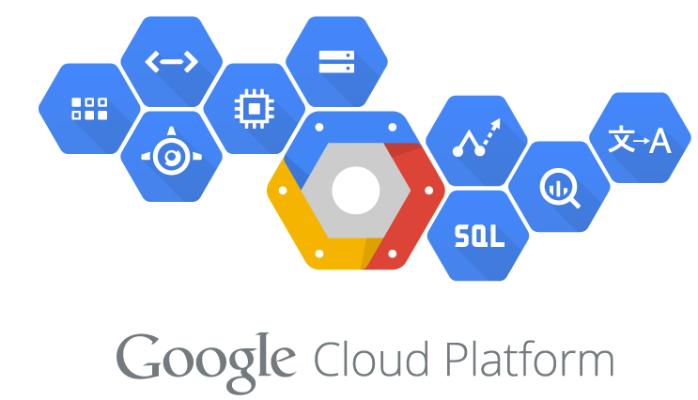
Applications of Google Cloud platform
Ecosystem GCP very diverse, each service will meet the needs of building and managing different systems for businesses, depending on the size and needs of the organization to strategize to use and optimize accordingly, some services Notable services of GCP can be mentioned as:
-
Compute
-
- Compute Engine: This is an IaaS (infrastructure as a service) service that provides high-performance virtual servers (VMs) placed on Google's infrastructure platform. Compute Engine also integrates with other Google Cloud computing services such as Artificial Intelligence and Data Analytics.
-
- App Engine: Provide a foundation for building web applications and mobile backends using pre-configured container instances, you can choose from a number of languages, libraries and frameworks, and App engine Take care of server provisioning and scale your application instances as needed
- Google Kubernetes Engine (GKE): A cluster management and orchestration system (container) for orchestrating Docker containers. GKE can scale in 4 dimensions and reduce management tasks for enterprises.
- Cloud Pub/Sub: Fully managed real-time messaging service for sending and receiving messages between standalone applications.
-
Storage and Databases
-
- Cloud Storage Google: A unified storage service on the Google Cloud platform, offering a wide range of storage options including geo-redundant (low latency, high QPS content serving users distributed across geographies) , regional (for workloads in a specific area), nearline (for data accessed less than once a month), and coldline (for data accessed less than once a year. )…
- Cloud SQL: Fully managed MySQL database service for hosting MySQL relational databases on Google's infrastructure.
- Cloud Bigtable: High performance NoSQL Big Data database service, designed to support very large workloads with ruggedly low latency and high bandwidth rates. Google uses Bigtable internally to provide services including Search and Gmail.
-
Big Data
-
- BigQuery: Big data storage service platform with the ability to analyze and retrieve data at lightning speed. BigQuery addresses business requirements by processing SQL queries super-fast, thereby supporting businesses in ultra-fast decision-making.
- Cloud Dataflow: Fully managed real-time data processing service for batch and online big data processing, supports ETL, batch computation and continuous computation.
- Dataproc: Apache Hadoop, Apache Spark, Apache Pig and Apache Hive services are used to process large data sets.
- Cloud Datalab:An interactive tool for large-scale data exploration, analysis and visualization built on Jupyter (formerly IPython). It supports data analysis using BigQuery, Compute Engine, and Cloud Storage using Python, SQL, and JavaScript.
-
Networking
-
- Google Cloud Virtual Network: A set of network options managed by Google, including detailed IP address range selection, routes, firewalls, Virtual Private Networks (VPNs), and Cloud Routers to provision resources to applications in your Cloud, connect them together or isolate them from the rest in cloud virtual private (VPC) mode.
- Google Cloud Interconnect: Allows GCP customers to connect to Google through connections with higher availability and/or lower latency than their existing Internet connections.
- Cloud DNS: Authoritative Domain Name System (DNS) Service is managed, running on the same infrastructure as Google. Cloud DNS converts domain name requests to IP addresses and provides a user interface, command line interface, and API to publish and manage millions of DNS zones and resource records.
-
Hybrid and Multi-cloud
-
- Anthos's reach: Google Anthos is a solution designed to build and manage modern applications running across multi-cloud environments announced by Google in April 2019. Anthos helps organize and maintain centralizable applications to Google, but may use resources from AWS or Azure (“multi-cloud services”). Think about an app whose codebase is hosted by Google but uses AI features from AWS and stores its logs on Azure.
- Cloud Run for Anthos: Cloud Run for Anthos on Google Cloud allows you to run containers with a zero-archive design on Anthos.
- Apigee: is a modeling system for producing and managing APIs – service calls to server-based functions, using the Web as the means of communication. Apigee users can model, test, and implement mechanisms for their existing web applications that are discoverable by the API, and track how web users use those API calls for purpose. their own. Which includes:
-
-
- Apigee hybrid runtime: The Apigee Hybrid Runtime allows you to run the Apigee facet in Kubernetes containers inside your data center.
- Apigee Private Cloud: Apigee Private Cloud allows you to host and run Apigee entirely in your data center.
-
-
- Istio is an interesting kind of “phonebook” for modern, extensible applications distributed as individual components called microservices. Istio was originally developed as a service network by an open source partnership made up of Google, IBM, and ride-sharing service Lyft.
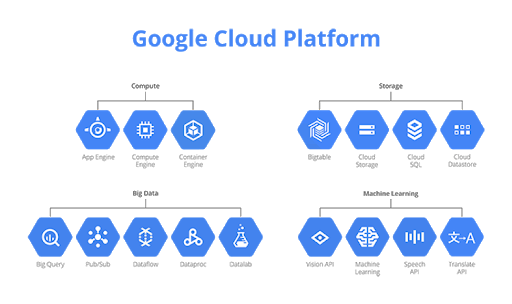
Bên cạnh những tiện ích về hệ thống quản lý, với hậu thuẫn là công ty tìm kiếm lớn nhất toàn cầu, Google còn đẩy mạnh các bộ công cụ về AI và Machine Learning vào GCP trong đó bao gồm các tính năng nâng cao như:
- AutoML toolkit with AutoML Natural Language, AutoML Tables, AutoML Translation, AutoML Video, AutoML Vision and Recommendations AI.
- Cloud Vision helps developers understand the content of images by encapsulating powerful machine learning models in an easy-to-use API.
- Speech-to-Text was developed for developers to convert audio to text by applying powerful neural network models in an easy to use API.
- Cloud Translation – a RESTful API that automatically translates text from one language to another.
Why use Google Cloud platform?
Most businesses when building applications must pay attention to the speed, ability to upgrade, maintain and especially the security of the data system. To ensure these issues, businesses often have to spend significant investment costs in purchasing hardware and personnel to build and manage the system. Not to mention the equipment after a while will become obsolete, leading to upgrades that require large amounts of money and applications that no longer provide a good experience for customers using your services or systems. These issues will be solved when businesses switch to Google Cloud platform.
Flexible, high processing speed
Google provides a separate line for its products, which means that when you access any Google service, the connection speed will be much faster than other services. The faster Cable system helps Google provide transmission speeds of up to 10Tbs (Terabit per second) to customers. Google is one of six members that has access to a cable located on the bottom of the Pacific Ocean that covers both the west coast of the US and major cities in Japan and connects to major hubs in Asia. Google is known for providing low-latency network infrastructure.
GCP provides a flexible platform that allows businesses to easily expand and upgrade system applications to meet the actual needs of enterprises.
Live Migration
Compared to other services, Google allows to move the system to the online Cloud while keeping the business running 24/7 and without interrupting or hindering the operation of the system. Online maintenance allows debugging and updating of software, including security-related programs, without rebooting.
Data security
Businesses will be able to use Google's own infrastructure, which means that your business website will be hosted in the same place as Youtube, Gmail, Drive, ... so security error checking and maintenance and upgrades will be done automatically with regular frequency. In addition, the global infrastructure will help the system operate stably to ensure data safety and security in cases of arising such as natural disasters and epidemics with security and security mechanisms that meet standards. the most demanding for a cloud system (ISO 27001, FISMA, SSAE 16/SAE 3402 Type II, SAS 70). Administration functions are simple, friendly, diverse and multidimensional to help businesses save resources for administration.
Cost savings
Charges are billed monthly with a minimum usage of 10 minutes and rounded to the nearest minute. With the Committed Use Discounts mechanism, Google will discount up to 57% of the original price for customers when they commit to using a certain amount of servers and memory within 1-3 years and apply the discount to all existing servers. used. Google is committed to informing users of all promotions (given by technological upgrades.)

Through the above information, you can generalize Google Cloud Platform What is and why should businesses choose to use GCP.
Contact Gimasys for advice on a transformation strategy that is suitable for your actual business situation and free service experience
- Hotline: Hanoi: 0987 682 505 – Ho Chi Minh: 0974 417 099
- Email: gsuite@gimasys.com
- Register Form: Here
Source: Gimasys

